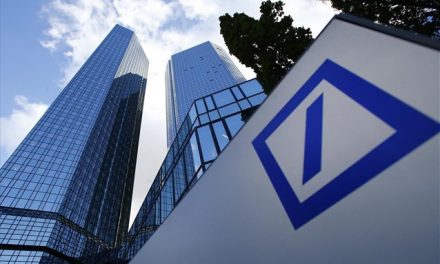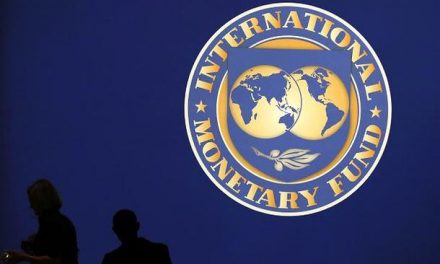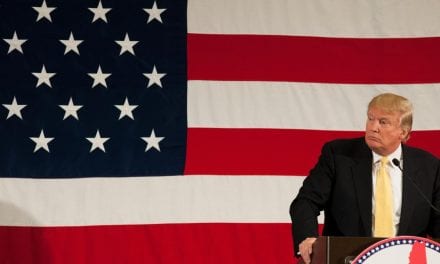Greek economist in Bulgaria, Joachim Kalamaris, in an interview for Radio FOCUS’s morning broadcast “Good Morning Bulgaria”
By Focus-fen.net
Host: Greece and Greek border checkpoints including Kulata-Promachonas and Ilinden- Eksohi on the Greek-Bulgarian border, have been blocked for hours every day by local farmers over the past few weeks. They express their discontent with the pension and tax reform planed by the Cabinet of Prime Minister Alexis Tsipras.
Sailors and even media in Greece staged protests, too. The last such major strike which affected almost all economy sectors was staged in 2010. It led to serious economic losses for Greece and for the partner countries.
Mr Kalamaris, are the implications of these protests on the Greek economy already known?
Joachim Kalamaris: Greek economy is getting worse with every passing day, but it was expected after the so-called “rescue package” which were taken at the time and now.
Host: Is there outflow of investors over the fragile stability of the Greek economy?
Joachim Kalamaris: I don’t know if there are still investors in the Greek economy. Business environment in the county hinders number of new investments or increasing the size of the current ones, because on the backdrop of the size of the imposed taxes no one even think to invest in economy.
Host: You say that no money can enter from outside due to high taxes. What about Greece itself? Are these protests reasonable? You mentioned reforms in the pension system, taxes. Are taxes in Greece prohibitive at the moment?
Joachim Kalamaris: These are not reforms. These are things against the people. It is not a reform when take away pension from sick or elderly person. The question is who we got here – who are these people who led people to experience this huge poverty not seen since the First and the Second World War. The situation is very serious. Nobody has the right to encroach the pension of a pensioner. A pension is not a salary! What Greece is experiencing at the moment is a kind of economic fascism. I, for example, have money in a bank and I can’t touch it – why? I can’t withdraw my money from the bank. Who are these people who driven this people to the brink? Those people who stage protests they have reason. These are farmers. These are same people who voted three months ago in favour of Tsipras Cabinet. It is inexplicable for them. It is not normal people to elect a government and three months later to come out for protests against it.
Host: To what extent these the so-called reforms now coincide with what Tsipras promised three months ago? Do people in Greece suppose what awaits them?
Joachim Kalamaris: If people knew what awaited them, they would not elect Tsipras. But the political demagogy, cheap populism and political impunity brought things here.
Unfortunately, the laws only apply to citizens, not for politicians like Tsipras.
Host: Greek sailors kicked off a wave of protests against a disputed pension reform mooted by the Prime Minister. Now, farmers close border checkpoints. These protesting actions block possibilities for export of goods and for transit of such through the country – something which is profitable for Greece. Do the protests reflect on the export and transit of goods in Greece?
Joachim Kalamaris: It is a good question. Greek economy is currently in an idle, in continuous coma, since the beginning of the so-called “measures” taken by the Troika. The creditors brought the country to this. What is the reason? There is only one reason – political corruption in the country, of course with the participation of European patrons.
Host: It seems that this is a problem, unfortunately not only in Greece, but in the Balkans as a whole. However, what is the solution?
Joachim Kalamaris: The solution is Greece to go through hell, i.e. to survive the moment which is now experiencing. People must see and realise what we all see, which is that servants who had to perform functions and to ensure normal life to people, at the moment these precisely servants or politicians – they have become the biggest enemy of the people themselves. That is the question the Greek people must answer – what will do next?
The situation is very difficult, especially for business and there is no one to invest.
This is not reform, taxes stifle every day not only citizens but also the economy because the economy.



















